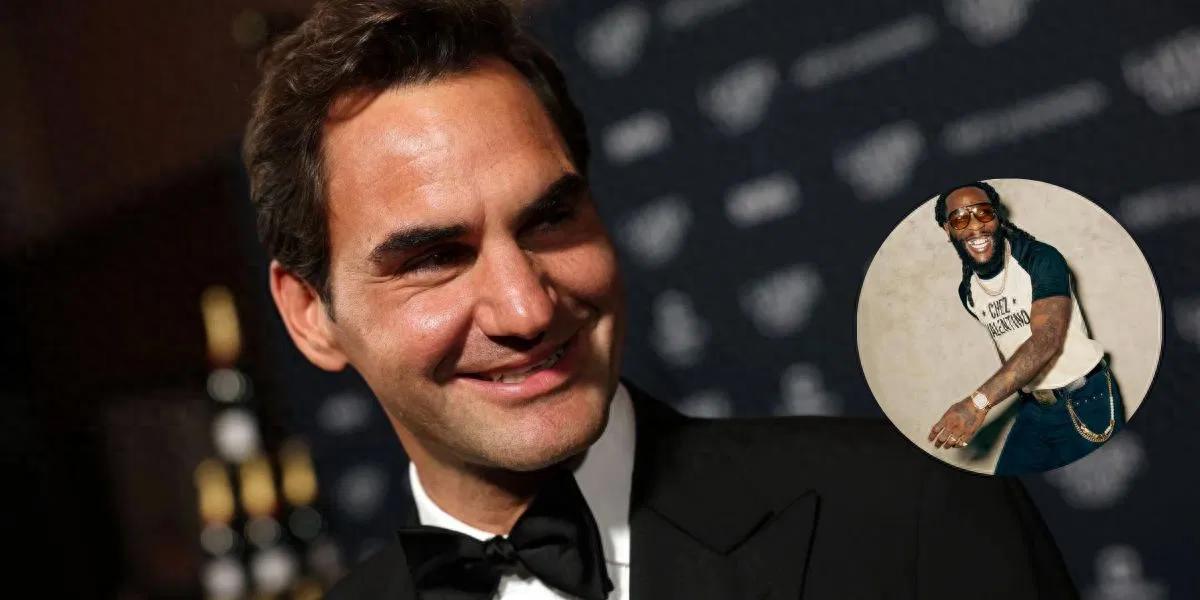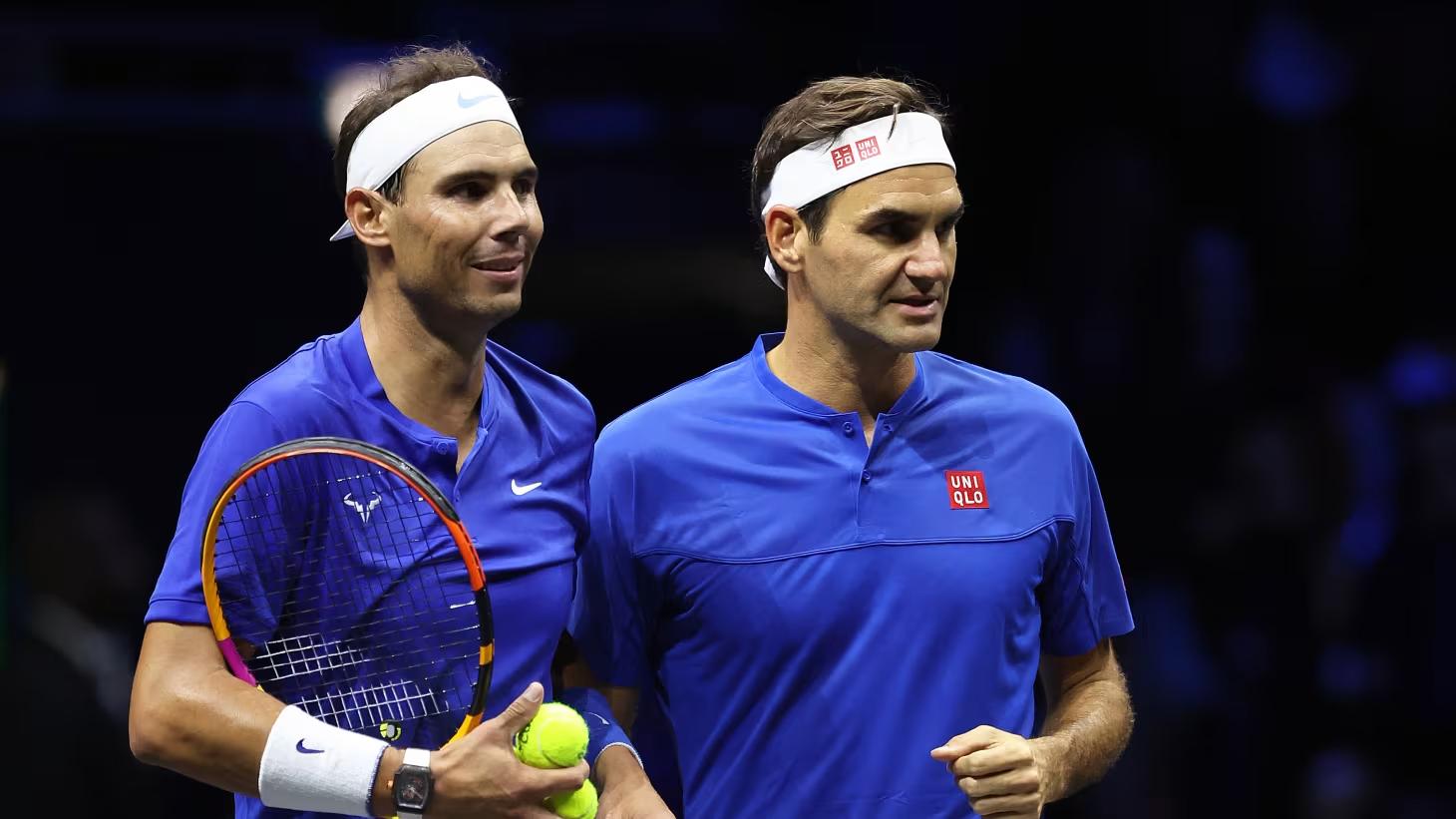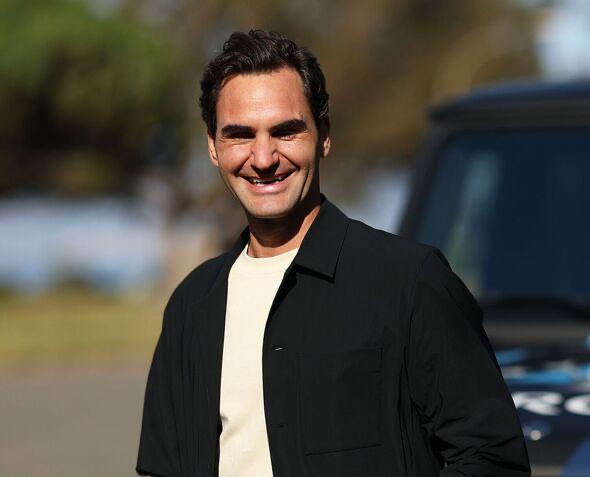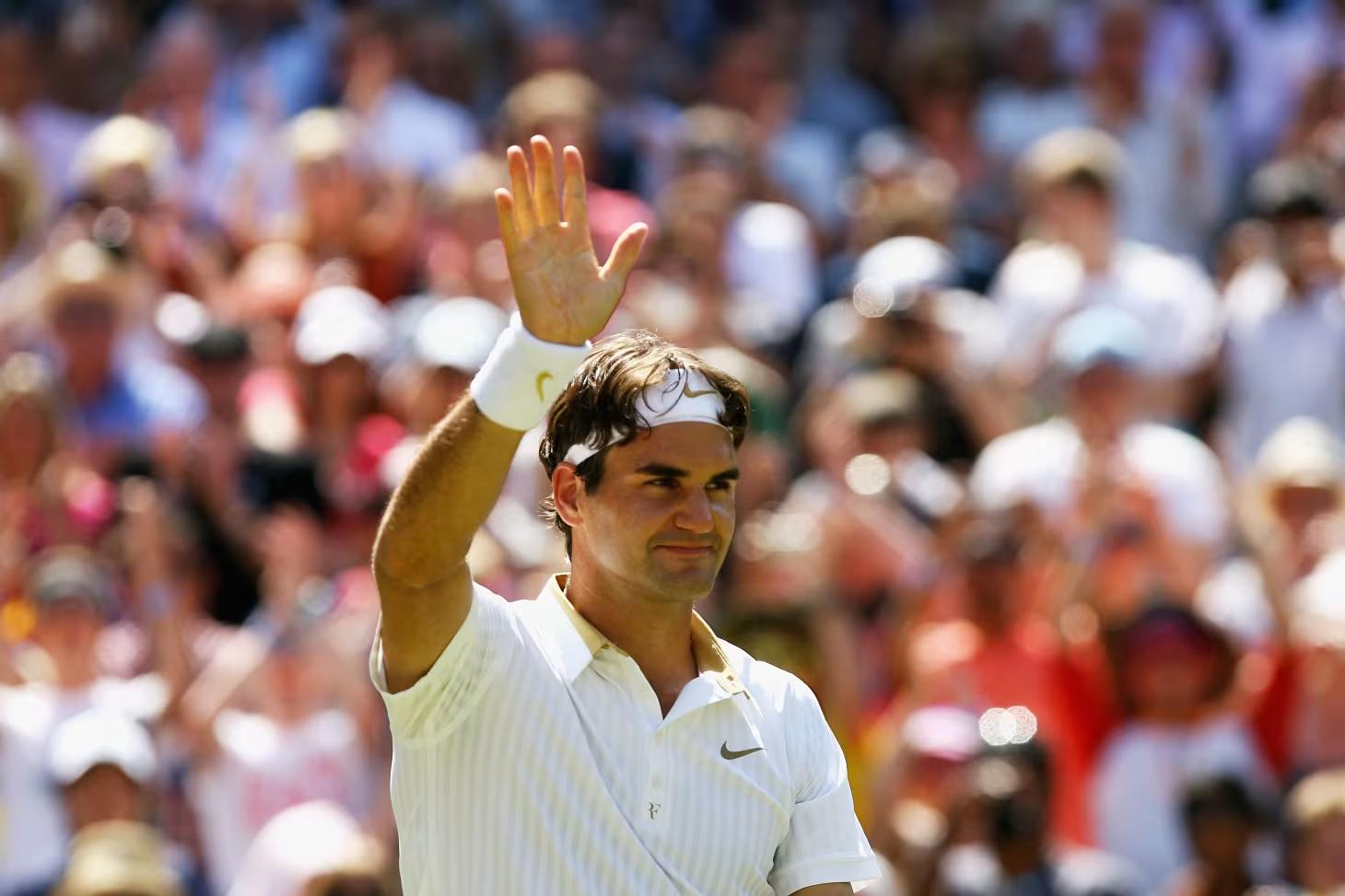Federer regrets never meeting his childhood crush and criticizes the slow pace of today's tennis courts
In a lighthearted interview alongside Nigerian singer Burna Boy, Swiss great Federer beamed as he mischievously disclosed who his childhood "crush" was.
The American online media talk show is named "Goat Talk," featuring legends from different sectors sharing their preferred cars, film stars, athletes, and so forth. Federer and Burna Boy appeared as representatives of the Swiss sneaker brand ON, which has partnered with the 20-time Grand Slam champion since 2019.

When the fun Q&A session began, both were asked about their childhood idols. Burna Boy revealed his first love was American singer and Grammy winner Kelly Rowland; Federer confessed that American supermodel Cindy Crawford was his childhood crush. They joked that neither had actually met their admired stars.
“Cindy Crawford was really famous in our era, but I never got to meet her, so I understand that feeling of regret,” Federer said with a smile.

Additionally, at the Laver Cup held in San Francisco, Federer attended all three days of the event, not only cheering from the stands but also giving multiple interviews, promoting activities, and sharing his views on today's tennis scene.
During the Laver Cup, Federer also appeared on Roddick’s podcast "Served," where he discussed in detail the types and speeds of courts on the current tennis tour. He expressed dissatisfaction with the generally slower courts today, believing it forces players into similar playing styles and diminishes tennis diversity.
“There used to be only 12 tournaments that counted for points, so everyone picked their favorite surfaces to play on, sometimes never even facing each other. Those matches were the most exciting—offensive versus defensive styles—but now everyone plays pretty much the same. Because tournament directors allow courts and ball speeds to slow down, every week feels almost identical,” Federer explained.

Federer also stated he understands that tournament directors do this to make it easier for top players like Alcaraz and Sinner to reach finals, ensuring fans get to watch more exciting matches between these two.
“I totally get the tournament directors’ ‘safety net’ approach—they slow down courts to help the weaker players. That means they have to hit even more incredible shots to beat Sinner, whereas if the courts were faster, maybe a few aggressive shots at key moments would be enough to win. The directors are basically thinking: ‘I’d rather see a final between Sinner and Alcaraz, right? That’s good for tennis,’” Federer added.

Federer’s candid remarks not only showcase his usual humor and sincerity but also serve as a reminder that, despite retirement, he continues to profoundly influence the sport. From lighthearted talks about childhood idols to sharp critiques of court conditions, Federer remains engaged with tennis’s present and future in his own way.(Source: Tennis Home, Author: Spark)







 Links
Links
 Contact
Contact
 App
App


